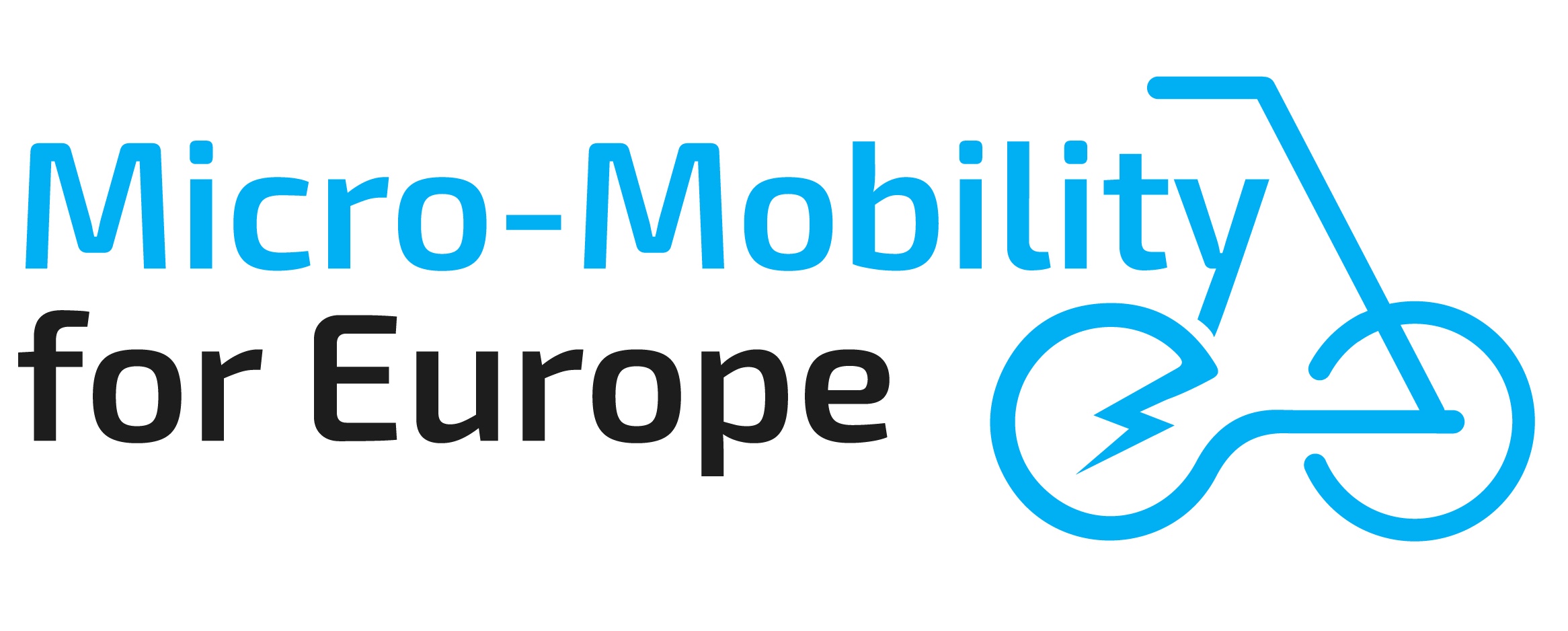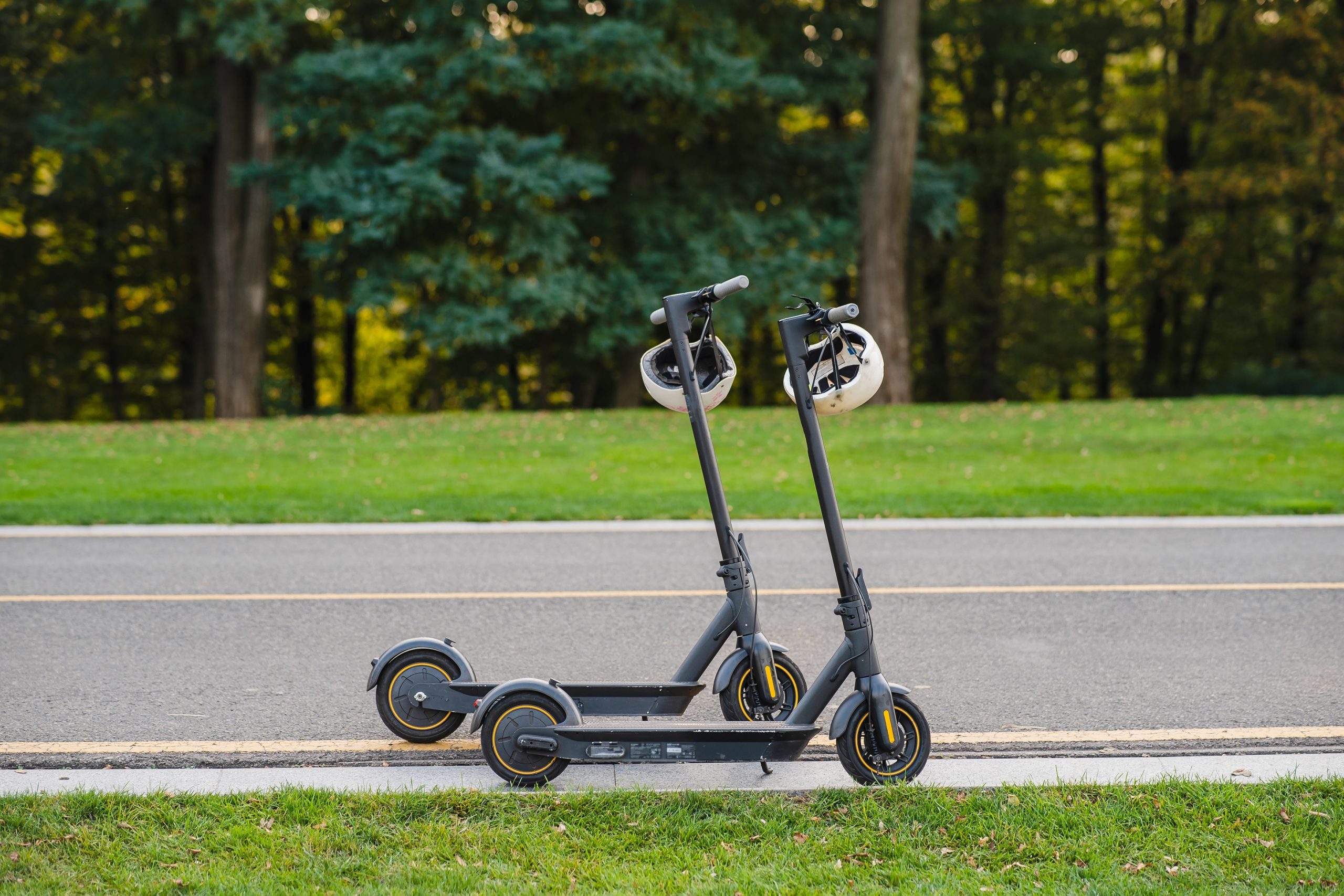April 2023
The micro-mobility industry is dedicated to providing safe and sustainable transportation options for all. As supporters of sustainable transportation and a safer urban environment, we believe that there are policy measures that can enhance the safety of micro-mobility riders. We call on decision-makers in EU, national, and local authorities to prioritise safe infrastructure and encourage helmet use through alternative policies to achieve our collective Vision Zero goals and objectives.
Mandatory helmet laws for micro-mobility users have been proposed as a way to improve safety for riders. However, there is growing evidence that mandatory helmet laws are not proven to address core safety issues and may have unintended consequences.
At MMfE, we are committed to working with EU, national, and local authorities to invest in all areas of safety. This includes encouraging but not mandating helmet use, collaborating with authorities to invest in safe micro-mobility infrastructure, and increasing the adoption of bike and e- scooter usage. We strongly believe that making helmets mandatory for micro-mobility users is contrary to the EU Commission’s goal of decarbonising urban transportation and creating safer streets.
Helmet Mandates Do Not Improve Safety for Riders
Mandatory helmet laws do not address the key contributors that impact the safety of micro-mobility riders, notably car use and road infrastructure. A study in Canada investigating the association of helmet legislation and admissions to hospital for cycling-related head injuries among young people and adults found that when baseline trends in cycling-related injury rates are considered, the overall rates of head injuries are not appreciably altered by helmet legislation.
One reason for this may be due to the fact that head-related injuries and deaths only account for a small portion of overall collisions. While helmets are effective at reducing injuries to the head and face, over 80% of cyclist injuries would have not have been avoided with helmet usage. In a study of all police-reported road incidents across 93 European cities, the introduction of shared e-scooters increased incidents by 8.2% in cities with below-median cycling infrastructure but did not increase incidents in cities with above-median infrastructure.
The environment in which cyclists ride, and their potential exposure to motorised traffic, is one of the biggest factors for the overall risk for crashes, injury, and death.
Improving transport infrastructure for micro-mobility users has the potential to significantly improve cyclist safety, including the implementation of segregated cycle lanes and the development of a bicycle network. Legislative attention should therefore focus on policies that discourage the use of private cars, reduce speed limits, and improve road infrastructure for micro-mobility users.
Less Riders Make Our Roads Less Safe
Mandatory helmet laws have the potential to significantly reduce bicycle and e-scooter usage, reducing the “safety in numbers” effect. Researchers have found that the most impactful safety measure revolves around the idea of “safety in numbers”, whereby rider safety improves as drivers are more used to people riding on bicycles and scooters.
Higher cycling mode share is consistently associated with lower hospitalisation rates, while helmet legislation is not associated with lower hospitalisation rates for brain, head, scalp, skull, face or neck injuries.
Almost 60% of all Dutch cyclists claim they would stop cycling if forced to wear a helmet, and 50% of Dutch people would be less likely to buy an e-bike, reducing the safety in numbers effect. In Australia, where mandatory adult helmet laws were introduced regionally between 1990 and 1992, bike count and safety data from the time showed that helmet laws actively discouraged people from riding a bike while producing no notable safety gains.
Mandating Helmets Does Not Necessarily Lead to Increased Helmet Use
In Brisbane, where helmets are mandatory for e-scooter riders an observation study revealed nearly 40% of shared e-scooter riders do not wear a properly fastened helmet (no helmet or helmet not properly fastened). This demonstrates that mandating helmet use does not guarantee increased or protective helmet use.
Encouraging helmet use appears more effective as an intervention, than mandating helmets. Rather, it is the countries that have promoted helmet use as part of their national road safety plans that have consistently achieved the highest helmet use impact. For example, Norway does not mandate helmets for cyclists but has achieved relatively high rates of helmet use by actively promoting their use through cheaper, strategic policies. This indicates that mandatory helmet laws are not required to have a positive impact on rates of helmet use.
Alternative Policy Measures
Instead of mandatory helmet laws, we suggest alternative policy measures to enhance the safety of micro-mobility users. These measures include:
- Investment in safe micro-mobility infrastructure, including segregated cycle lanes and a bicycle network, to improve safety for micro-mobility users.
- Encouragement of helmet use through cheaper, strategic policies, such as discounts on helmets or helmet hire schemes.
- Reduction of car use and inner-city speed limits to improve safety for micro-mobility users.
Conclusion
Instead of focusing on helmet mandates, we urge legislative attention to be placed on adopting a safe systems approach in neutralising the risk to riders by reducing and eliminating the hazard at a systems level. As an industry, we are committed to partnering with cities and policymakers to create safe and accessible transportation options for all.











